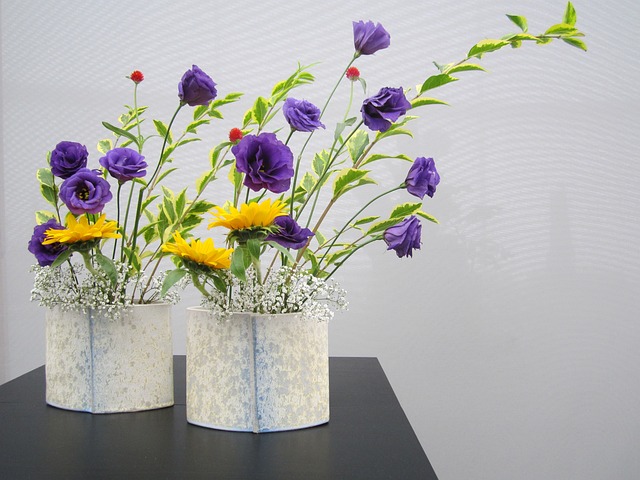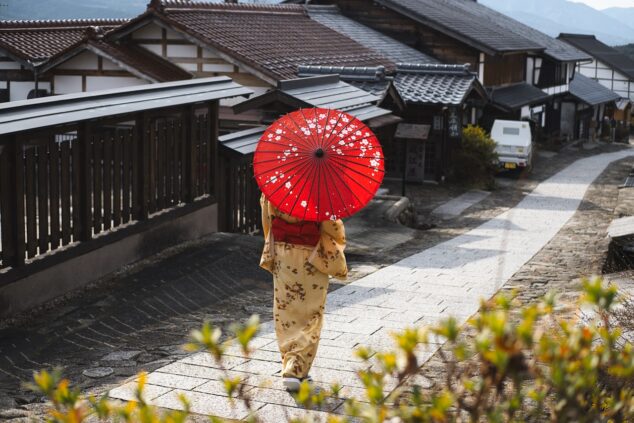Step into the enchanting world of Japanese culture, where harmony with nature is deeply ingrained in everyday life. From centuries-old traditions to modern practices, the Japanese have long understood the profound connection between humans and the natural world. This blog post will delve into four fascinating lessons from Japanese culture that can help us nurture a deep and meaningful relationship with nature. You can review the kivo daily to know what we can learn from Japanese culture and transform your perspectives for a more positive lifestyle.
Shinrin-Yoku (Forest Bathing)
In Japan, a practice known as shinrin-yoku, or forest bathing, has become increasingly popular to reconnect with nature and improve overall well-being. Forest bathing involves immersing oneself in a forest environment, engaging all five senses to experience the natural surroundings’ sights, sounds, smells, and textures. This practice slows down the mind, reduces stress, and promotes relaxation, allowing individuals to forge a deeper connection with the forest and its healing energy.

Ikebana (Flower Arranging)
Ikebana, the art of flower arranging, is not merely a decorative practice but a way to connect with nature on a spiritual level. By carefully selecting and arranging flowers, branches, and other natural elements, ikebana practitioners seek to capture the essence of the natural world in a harmonious composition. This ancient art form encourages mindfulness, precision, and appreciation for the fleeting beauty of nature, reminding us to find joy in simplicity and imperfection.
Zen Gardens and Meditation
Zen gardens, often found in traditional Japanese temples, are meticulously designed outdoor spaces that evoke a sense of calm and tranquility. These gardens feature carefully arranged rocks, gravel, moss, and plants, providing a serene setting for meditation and contemplation. By immersing ourselves in the tranquility of a Zen garden, we can cultivate mindfulness, focus, and a deeper connection with nature, inspiring a sense of peace and harmony within ourselves.
Kintsugi (Golden Joinery)
 Kintsugi is an ancient Japanese art form that involves repairing broken pottery with gold-infused lacquer, embracing and celebrating the history and imperfections of the object. This practice teaches us to see beauty in the broken, and to cherish the scars and flaws that tell a story. In nurturing a connection with nature, we learn to appreciate growth, decay, and renewal cycles, understanding that impermanence and imperfection are integral parts of the natural world.
Kintsugi is an ancient Japanese art form that involves repairing broken pottery with gold-infused lacquer, embracing and celebrating the history and imperfections of the object. This practice teaches us to see beauty in the broken, and to cherish the scars and flaws that tell a story. In nurturing a connection with nature, we learn to appreciate growth, decay, and renewal cycles, understanding that impermanence and imperfection are integral parts of the natural world.
The Japanese culture offers invaluable lessons on nurturing a deep connection with nature. Through practices like forest bathing, ikebana, Zen gardens, and kintsugi, we can learn to slow down, be present, and appreciate the beauty surrounding us. By engaging our senses, cultivating mindfulness, and embracing imperfections, we foster a greater sense of well-being, harmony, and connection.




